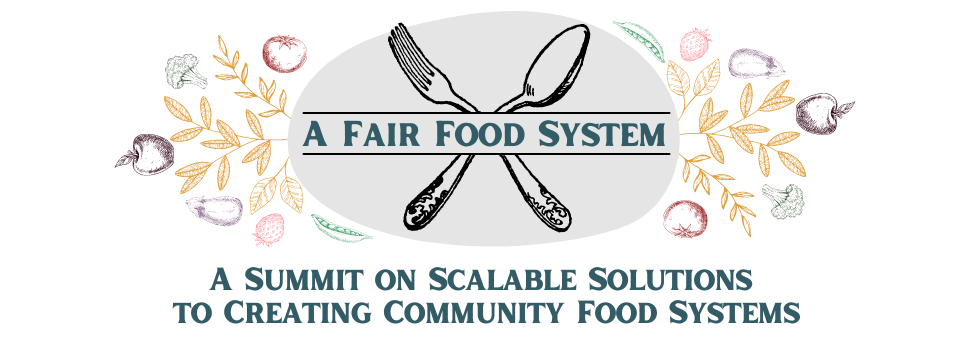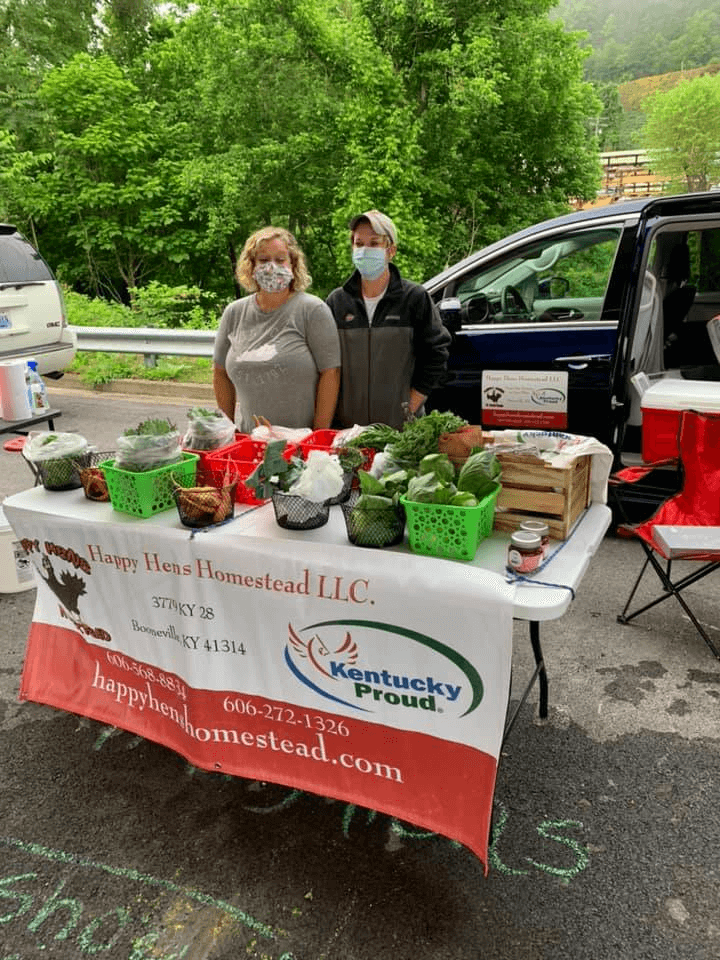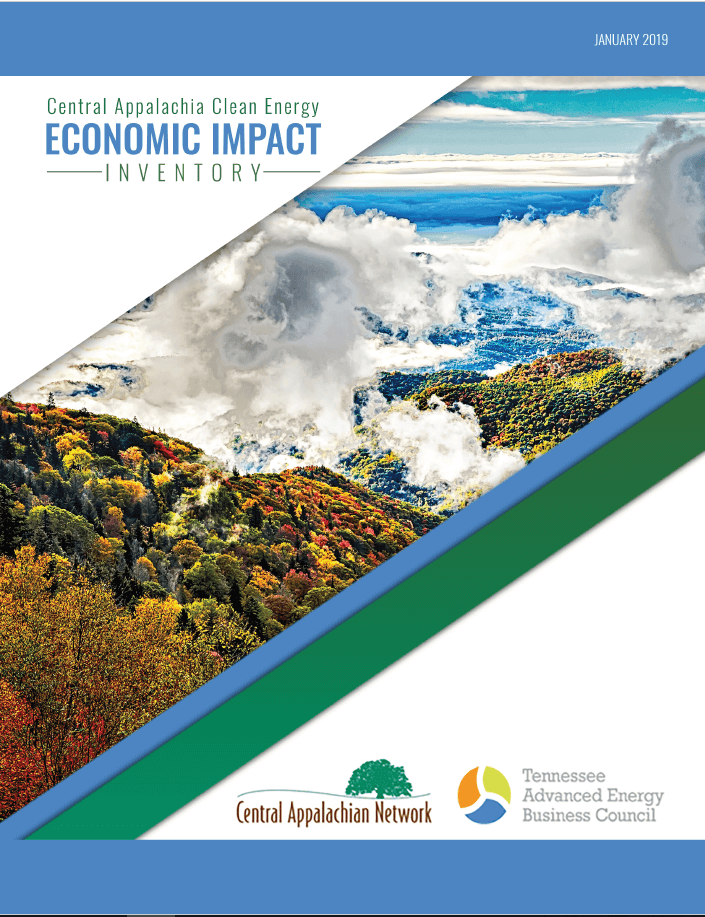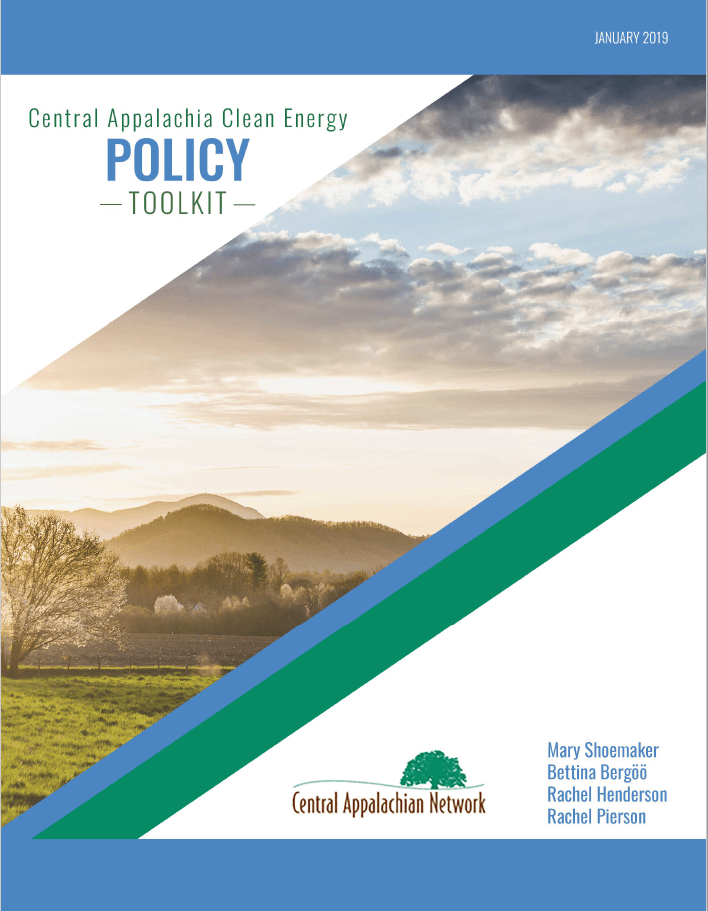Summit Five March 23, 2023 9:00AM–1:00PM EST Day Six Recording: https://youtu.be/fi5W6vPUm6Q Slides: CAN Summit 6 Slides Links & Additional Resources: USDA RFSP Application Page: https://www.ams.usda.gov/services/grants/rfsp/apply USDA RFSP March 29th Webinar: https://www.zoomgov.com/webinar/register/WN_LJgr-SU9QTKl8cnxa8qM4A Osteopathic Heritage Foundtions website: https://osteopathicheritage.org/ Recommendations for the Farm Bill: https://action.oeffa.com/farm-bill/ Invest Appalachia Fund: https://mailchi.mp/e82dbc628291/19m-for-invest-appalachia?e=0c7badede0 Speakers We are proud to welcome a litany of […]
Summit Five January 26, 2023 9:00AM–1:00PM EST Day Five Recording: https://youtu.be/l3Dsd63S6AA Slides: CAN Summit 5 Slides Links & Additional Resources: “Food as Medicine: Current Efforts and Potential Opportunities” testimony before the United States Senate Subcommittee on Food and Nutrition, Specialty Crops, Organics, and Research: https://www.agriculture.senate.gov/hearings/food-as-medicine-current-efforts-and-potential-opportunities Appalachian Harvest Food Hub: https://www.asdevelop.org/programs-resources/food-hub/ Appalachian Harvest Herb Hub: https://www.asdevelop.org/programs-resources/herbhub/ […]
Summit Four October 27, 2022 9:00AM–1:00PM EST Day Four Recording: https://youtu.be/7oFSRn5E3RU Slides: https://www.cannetwork.org/wp-content/uploads/CAN-Summit-4-Slides.pdf Summit Four Jamboard: https://www.cannetwork.org/wp-content/uploads/CAN-Summit-4-Jamboard.pdf Links & Additional Resources: NIFA Listens Stakeholder Input Opportunity on 11/02: https://www.nifa.usda.gov/nifa-listens-2022 GusNIP Program Page: https://www.nifa.usda.gov/grants/programs/hunger-food-security-programs/gus-schumacher-nutrition-incentive-program 2022 GusNIP Nutrition Incentive Program RFA: https://www.nifa.usda.gov/grants/funding-opportunities/gusnip-nutrition-incentive-program 2022 GusNIP Produce Prescription Program RFA: https://www.nifa.usda.gov/grants/funding-opportunities/gus-schumacher-nutrition-incentive-program-produce-prescription 2022 RFA Webinars: https://www.nifa.usda.gov/gusnip-webinars FAQs: https://www.nifa.usda.gov/gusnip-faqs KP&P Survey for ARC […]
USDA’s Coronavirus Food Assistance Program has missed 70% of Kentucky’s farmers and has been largely inaccessible for direct market, small-scale, and specialty crop producers and farmers of color.
CLEAN energy development in Appalachia is an important part of the REGION’S transition to a more just, sustainable, and resilient economy. Investment is a major barrier to an otherwise promising solar sector. What can be done? This white paper examines the current barriers to investment and proposes a focus on “catalytic capital” to unlock more solar investment in the region and accelerate the clean energy sector in Appalachia.
The future of clean energy in Appalachia depends in large part on collective buy-in from diverse parties – from state regulators and local community members, to utilities and workforce development networks. Advocates are in need of a common language and message that resonates across the board and unifies these vested interests behind clean energy. To that end, CAN’s Clean Energy Practitioner Network commissioned the Tennessee Advanced Energy Business Council (TNAEBC) to develop a best-practices guide to clean energy advocacy.
The Central Appalachia Clean Energy Economic Impact Inventory is a comprehensive log of economic impact data on clean energy in the region. It features detailed analyses of data gaps and recommendations for CAN to capitalize on identified opportunities.
Central Appalachia’s emerging clean energy economy has potential benefits for economic development, job creation, community resilience, and sustainability. Yet, the policy context at the state, local, and regulatory level is critically important to this emerging market. This policy analysis toolkit from the Clean Energy Leadership Institute (CELI) looks at the region’s policy landscape and provides a set of recommendations and priorities to guide future policy change and advocacy efforts in Appalachia.
CAN members, practitioner partners, and Appalachia Funders Network members of the Food &Ag Systems Working Group (FASWG) were joined by policy experts from the National Sustainable Agriculture Coalition (NSAC). NSAC staff shared an overview of the Farm Bill process,identified critical USDA programs that are funded through the bill, and laid out opportunities to get involved in […]







